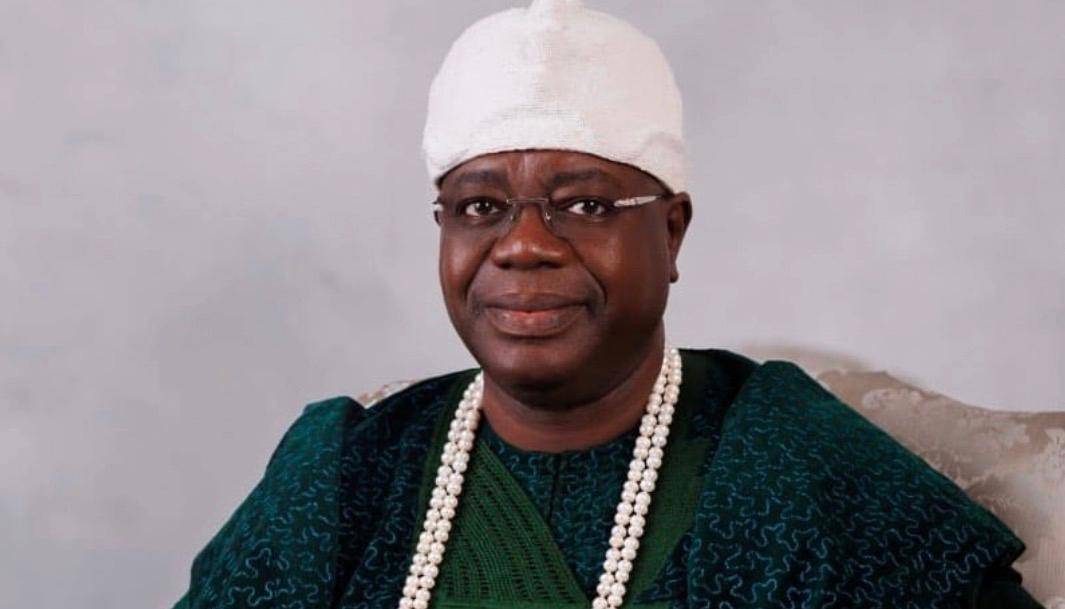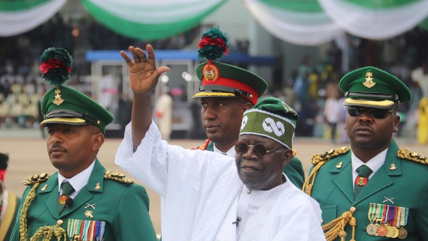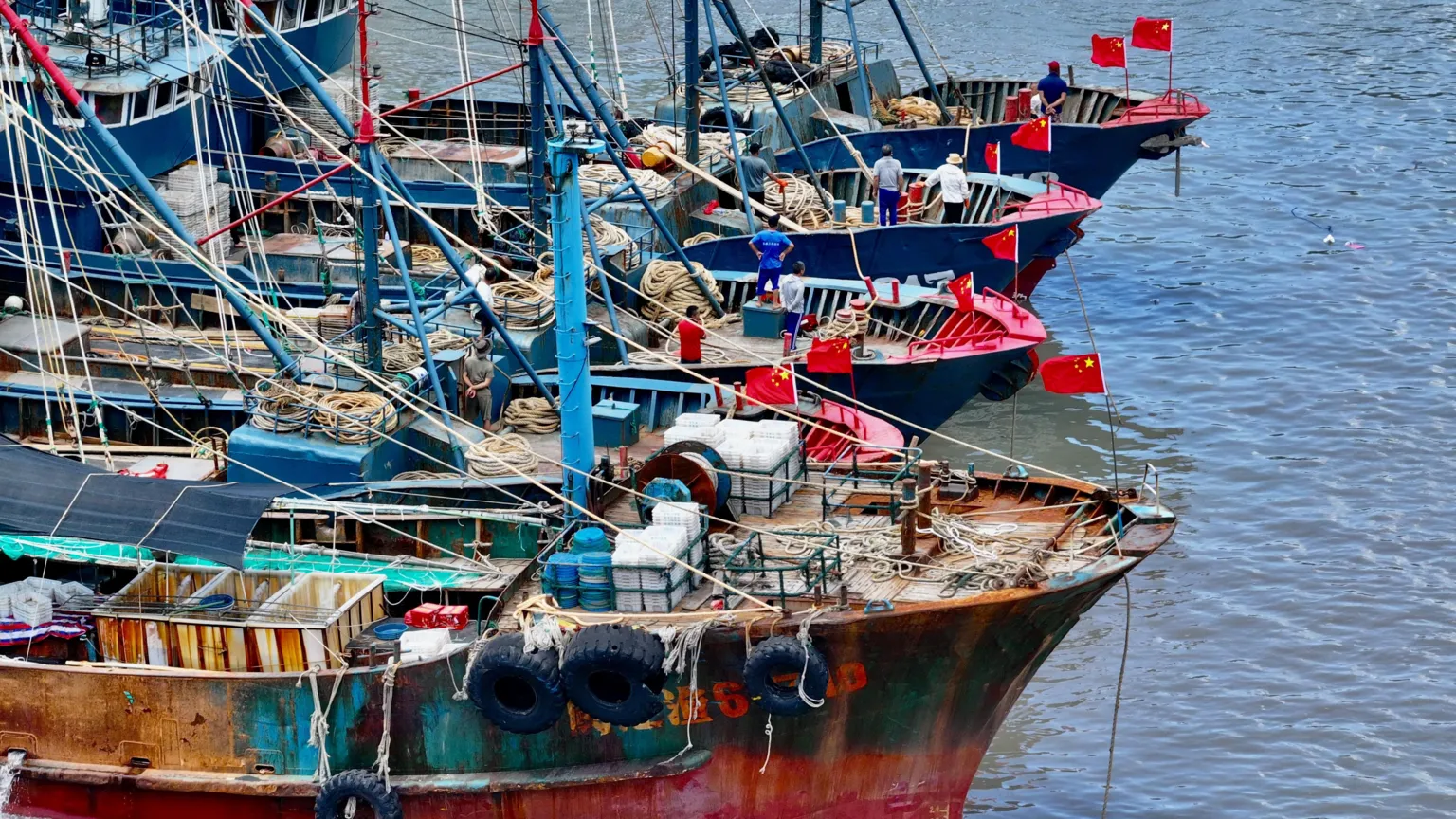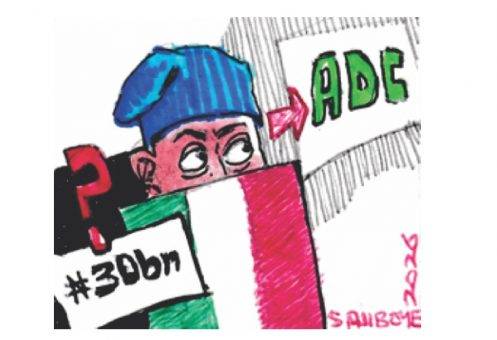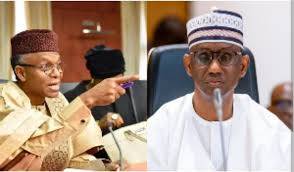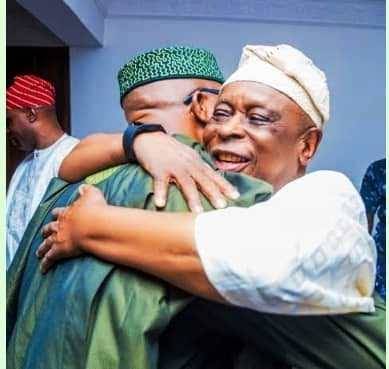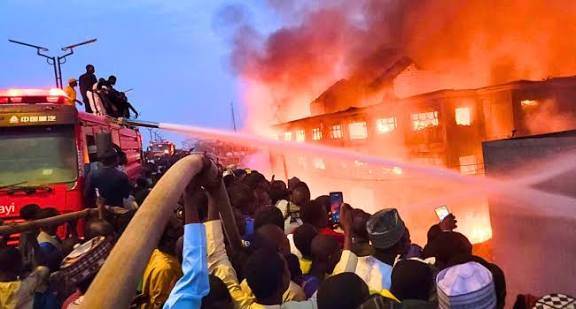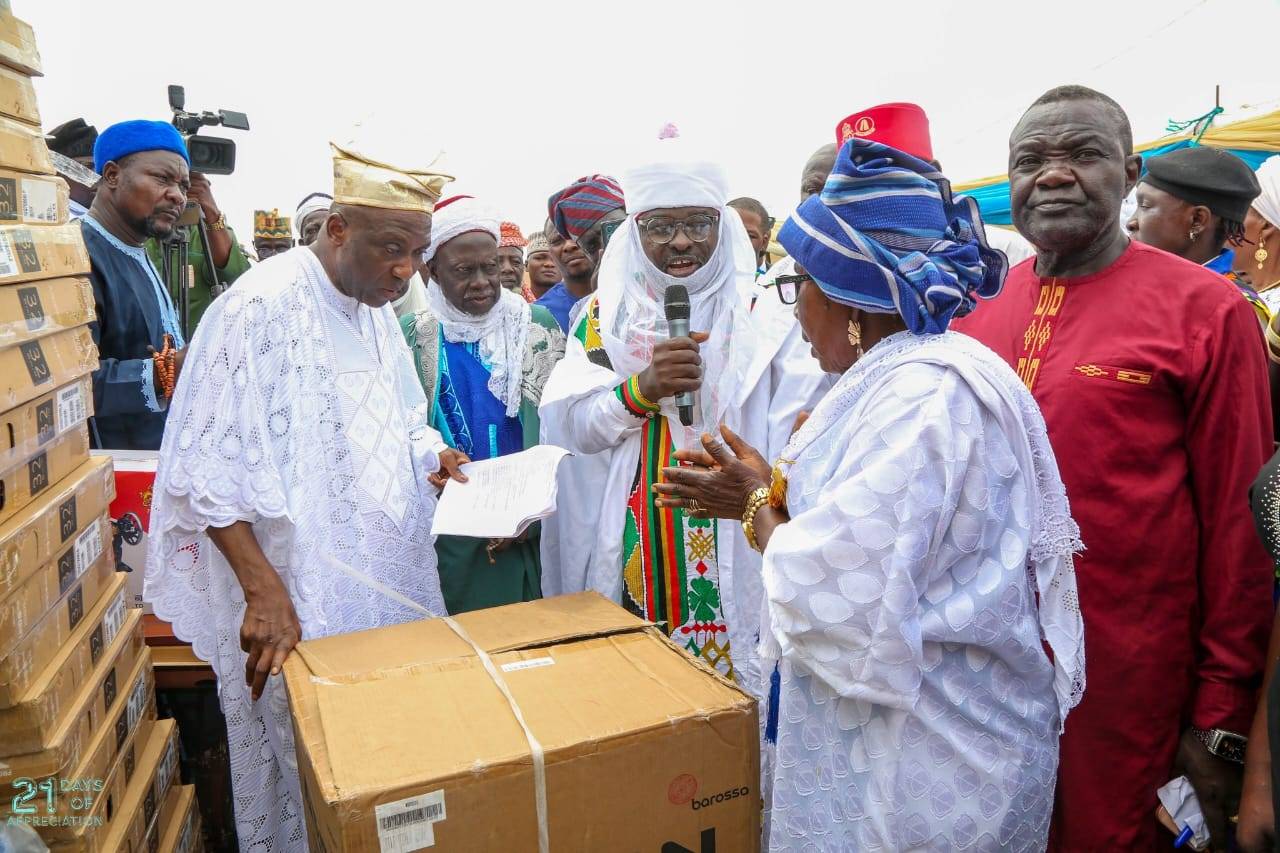In response to President Tinubu’s task to media practitioners to focus more on factual reporting and uphold professional integrity, media owners, editors, and other stakeholders in the country have highlighted the challenges bedeviling the profession calling for the president’s intervention.
Meanwhile, this is as Governor Douye Diri of Bayelsa State hailed the media for its all-important role in solidifying democracy in Nigeria.
President of the Nigerian Guild of Editors (NGE), Mr. Eze Anaba, specifically mentioned that the dearth of resource materials is one of the biggest threats to the media industry.
His words: “We are here because we recognize the critical role that both a strong economy and a resilient media sector play in fostering a prosperous, informed, and democratic society. Today, as editors, we stand at a crossroads where our decisions, priorities, and strategies will shape the future of our country and journalism.”
“The growth of our nation’s economy directly influences every sector, and our industry is no exception. A strong economy fuels consumer spending, drives innovation, and creates opportunities for media organizations to expand and thrive. Yet, with these opportunities come new challenges.”
“Media organizations face mounting pressure to adapt to modern trends while staying financially viable and maintaining journalistic integrity. The biggest threat to media survival today is the availability of resource materials to produce our papers or broadcast on our TV stations.”
He further noted that the Federal Government, through the Minister of Information, had promised to address the challenges faced by media organizations. He expressed hope that there would be a resolution that would allow newspapers to continue practicing their profession effectively.
Anaba emphasized that sustainability in the media industry is not just about economic survival but about preserving the values that make journalism a pillar of democracy. He cited Section 22 of Nigeria’s Constitution, which mandates the media to hold the government to account.
“The Constitution challenges us to hold the government accountable, even amid the poverty facing our profession,” he said. “Our work is essential not only to our audiences but also to the economic and social fabric of our country.”
Prince Nduka Obaigbena, the chairman of the conference and publisher of Thisday and Arise Television, on his part, lamented the challenges facing the media industry but expressed optimism for the future.
He said: “Nigeria is in a reset. We have reforms underway, and unlike others, I believe that the future can be better if we give these reforms a human face. We should support the reforms, stay the course, and ensure that the poor and vulnerable are supported.”
Obaigbena also spoke about global changes, particularly with the return of Donald Trump as president-elect of the United States, and urged Nigerians to prepare for these changes by first addressing internal issues. He called for efforts to fix Nigeria and protect the country’s industries.
The father of the day and publisher of Vanguard Newspaper, Mr. Sam Amuka, directly addressed the issue of the media’s survival in the current economic climate.
He stated: “The truth is, there is no business right now. If the purpose of business is to make a profit, the newspaper business is dead. Everything, including prices, has gone up to the extent that publishing as we knew it has died. This week, I asked a financial controller how things were going, and she said the money earned from the sale of hardcopy newspapers was only enough to pay for the transportation of the papers. That was all.”
Amuka highlighted the dramatic rise in the cost of newsprint, from N600,000 two years ago to over N2 million today. “This means that every day we publish a hardcopy newspaper, we don’t make any money; we lose,” he said.
He called for government involvement in the media business, noting that the cost of newsprint is unsustainable, and it is crucial to support the media to continue publishing hard copies. “The Minister has agreed to take up the fight for the newspapers, but we need government involvement to sustain this business,” he stressed.
Former Ogun State Governor Olusegun Osoba urged the media guild to intervene in the leadership crisis affecting the Nigeria Union of Journalists (NUJ).
He said: “Before you leave, I want you to set up a committee to look into the crisis brewing in the NUJ. They are supposed to hold their annual conference, but some people are saying that the president has overstayed his tenure, and they have taken him to court. You are the only united group, after NPAN, that can intervene in this crisis.”
In his address, President Tinubu, represented by the Minister of Information and National Orientation, Mohammed Idris, urged media managers to engage in factual reporting and professional integrity.
He emphasized the importance of the media in national development, saying: “As editors and media managers, your role in national development cannot be overemphasized. You are the custodians of public perception, the gatekeepers of information, and the voice of the people.”
Tinubu spoke about the transformative potential of the media in shaping public understanding and contributing to the government’s efforts to address the nation’s challenges. He called on media professionals to report truthfully and engage constructively to help the public understand the government’s actions.
“My administration is committed to turning our challenges into opportunities by ensuring that our vast resources bring prosperity to all Nigerians. With a united effort from government, citizens, and the media, we can build a resilient, diversified economy that offers security, opportunity, and hope for all Nigerians,” he said.
He further stressed that Nigeria’s vast resources, both human and natural, could make the country one of the world’s most prosperous nations. “This is the question that I believe Nigerians elected me to answer decisively, and it is the question that has fueled my vision for a country that truly lives up to its full potential.”
Governor Diri, who used the occasion to highlight his administration’s achievements, addressed the environmental challenges facing the state.
The governor and Chief host of the ongoing ‘All Nigeria Editors Conference’, tagged: ‘ANEC 2024’, was speaking at the opening ceremony of the conference in Yenagoa, the Bayelsa state capital. He said among other things, that the democracy relies heavily on the press to thrive.
As the fourth pillar of democracy, the press which educates, informs, and entertains, must shape public agenda and debate, the governor insists
Further more, he said: “As ethnic nationalities and diverse interests vie for attention, your work serves as a beacon of hope, promoting understanding and unity. In these turbulent times around our nation and the world at large, your role as guardians of truth is more critical than ever.”
According to him, integrity remains the cornerstone of the media profession, building trust with the public and fortifying the foundations of a healthy democracy.
He pointed that the theme of the conference:“Economic Growth and Development Strategies in Resource-Rich Country,” at this pivotal moment in Nigeria’s journey toward sustainable development, is both relevant and timely.
He however laments that though the nation brims with abundant resources, poverty and underdevelopment persist across countless communities, which is a striking paradox.
“In Bayelsa State, for instance, a major contributor to Nigeria’s oil and gas production, we face severe environmental challenges and economic hardship. For long we have been ignored, our stories dismissed, and our rights trampled. Yet we have decided not to be silenced or erased, Diri said.



